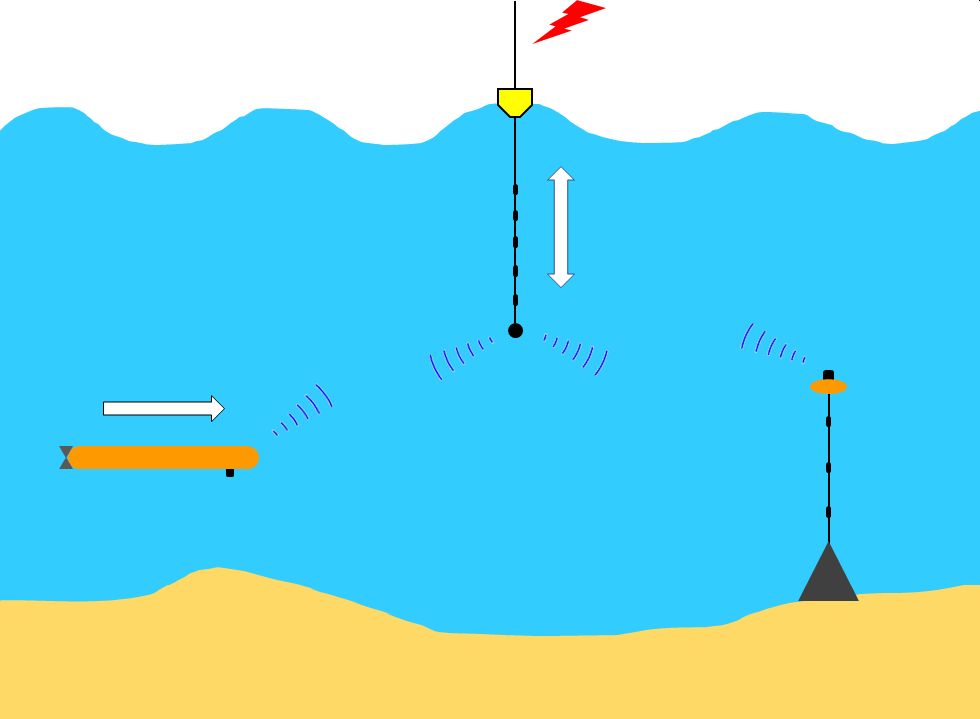MSc thesis project proposal
Will High-Mobility Modulations Open Up the Ocean?
Project outside the university
TNOIntroduction:
In a research cooperation between Delft University of Technology, TNO Acoustics & Sonar and The Netherlands Defence Academy (NLDA), investigations focus on the design and assessment of concepts and methods for robust modulation and demodulation techniques for broadband underwater acoustic communication between autonomous underwater platforms and surface platforms. Such connections are crucial for the timely disclosure of ‘big data’ collected underwater (e.g., sonar contacts and photos) to operators above water. However, the (vertical) wave motion of the sea surface creates a Doppler-spread effect that strongly limits the efficiency of such an uplink.
With frequencies and bandwidths ever increasing in terrestrial mobile radio communications (GSM), the need to support high Doppler spreads is also forthcoming there. A candidate 6G modulation for high-mobility scenarios is the Orthogonal Time-Frequency-Space (OTFS) modulation. It can be proven that OTFS is in fact identical to the Orthogonal Signal-Division Multiplexing Modulation (OSDM), which is gaining popularity in underwater acoustic communications.
Assignment
Objective:
The objective of the proposed MSc research is to assess the added value of OSDM over more mainstream coherent acoustic modulations for the underwater use case described above. In addition, certain parameters of the OSDM scheme can be tuned to fit the channel. However, until now it is unclear how these parameters should be chosen to increase the robustness of the communication link.
The work consists of:
· A literature study to get acquainted with the (modulation) techniques and channel characteristics.
· Coding an efficient OSDM implementation in Matlab and,
· evaluating its performance using at-sea measured data. The evaluation involves at least channel replay simulations using available measured impulse-response evolutions, and preferably also communication experiments at sea.
Additional research direction:
· Analyze how the parameters of the OSDM scheme should be chosen with respect to the channel characteristics.
For more information, contact Ids van der Werf (TUD) via I.VanderWerf@tudelft.nl
Requirements
Note that due to the collaboration with TNO, the student should be a NATO citizen.
Contact
dr.ir. Richard Hendriks
Signal Processing Systems Group
Department of Microelectronics
Last modified: 2023-01-23
